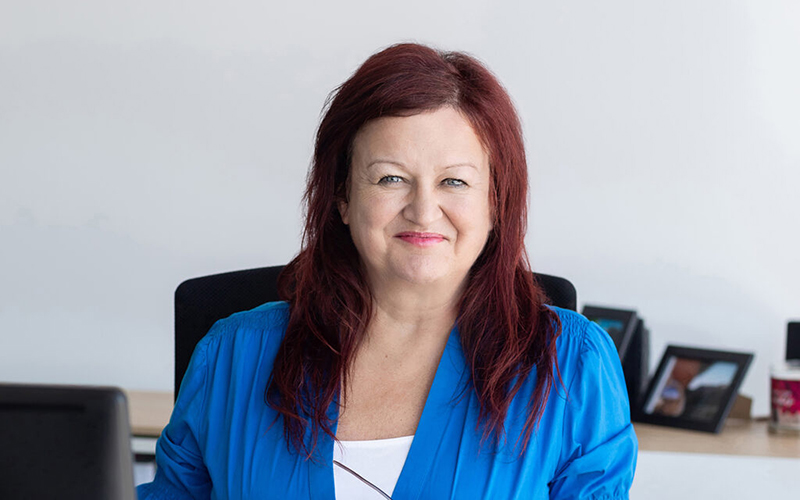Fiona Roberston heads up CWB’s Media & Technology practice. She has 25 years’ experience in media and entertainment law and is globally recognised in Chambers & Partners, Legal 500 and Media Law International.
Describe yourself in three words.
Energetic, chatty, engaged
Why did you choose a career in law?
I was a debater at school, career guidance in those days was rather limited and so they recommended law. A good choice for my personality as it turned out!
What has been the biggest lesson you have learned in your career to date?
That clients actually like feedback from their lawyers, our depth of industry knowledge can be very helpful to them.
How has the media and technology field evolved since you first began your career?
When I started, it was all about free to air television and feature films. I remember the dawning of pay TV and how scared it made free to air networks. I remember the first time I heard ‘convergence’ as a word and now we have seen it happen, with technology literally changing the way we consume media on a daily basis.
How do you expect the industry will change in the future?
Data has already changed the way we interact with our media and our advertising, but as AI, VR and other sensational technology really starts to become integrated into our lives, we are going to see more and more changes to everything we do.
What are the biggest challenges you face on a daily basis?
Meeting deadlines and assessing client priorities. We work on so many different matters at one time that it becomes a daily juggle to make sure everyone gets things when they need them.
What advice would you give to a lawyer starting out in the industry?
Be flexible, research your industry, learn your client’s business models inside out. And … please … work in a polite, respectful and helpful manner with other lawyers. We are not gladiators!
What is your biggest career achievement to date? Is there anything you are still hoping to achieve?
So many! Lawyers only experience tangible growth as professionals when we undertake work that will push our boundaries, both intellectually and commercially. Those moments have come to me when I least expected them, generally under intense pressure and very often from clients that did not realize they were giving me that push. I hope I have many more of them.
How would you say the industry in the Middle East differs from other jurisdictions?
There is need for a local sensibility in interpretation of the laws – just reading the laws in isolation will not help a person understand the nuances that will affect interpretation from country to country.
Why did you choose to join CWB?
The opportunity to join a team that was open to new ideas and growth in the region, and the lawyers here are top notch!
Describe the working environment at CWB.
The team is very client focused, which is heartening at a law firm. There is an overriding sense that people want to do excellent work.
How would you say CWB differentiates itself from other firms in the region?
The firm is incredibly focused on IP and so its aim is to secure the best people in that sector – few firms can match the quality of people that CWB has as legal professionals.
